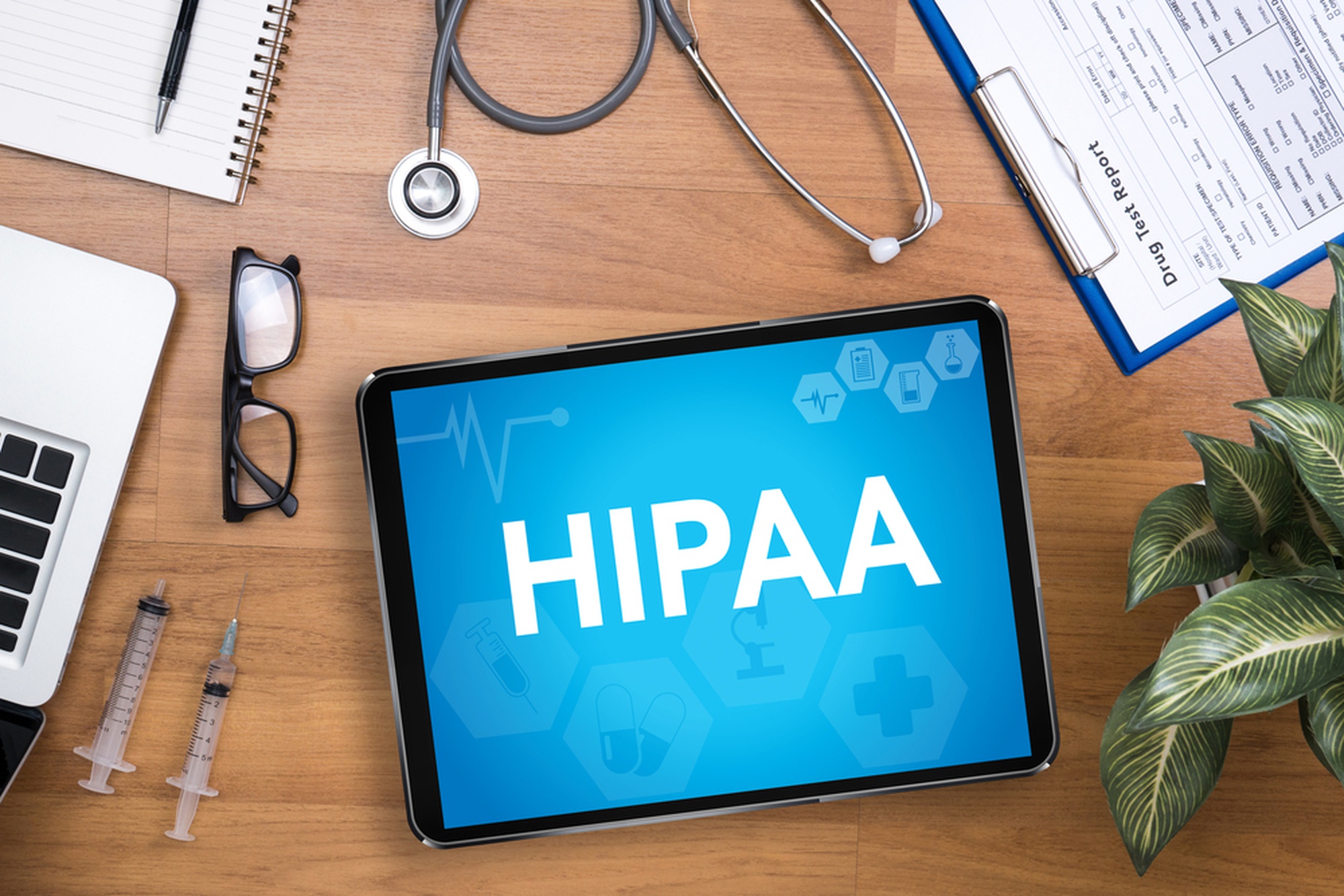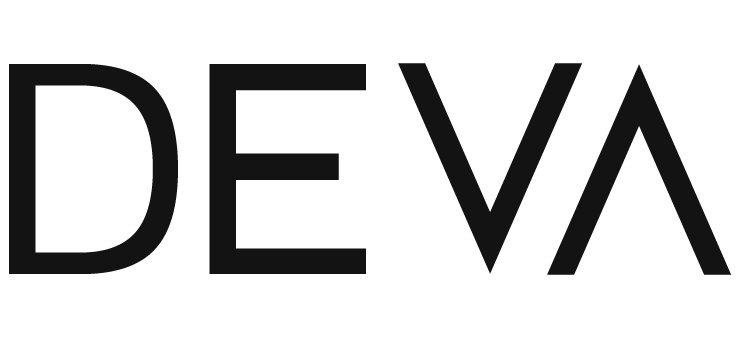Protection of sensitive information is an absolute priority in the modern world of technology. This applies to organizations of all kinds. In the field of healthcare there is a specific law called the Health Insurance Portability and Accountability Act (HIPAA) sets out strict guidelines for the management of storage, handling, and security of protected health information (PHI). HIPAA compliance for healthcare providers is essential to preserve their credibility, ensure patient privacy, and avoid penalties.

HIPAA law applies to healthcare providers and health plans as well as healthcare clearinghouses. Also, it includes business partners that are HIPAA-covered. PHI may contain any information that could be used to determine an individual that includes names, addresses and credit card numbers. Additionally, it includes information about medical conditions and procedures. PHI is extremely important in the black market due to its potential use in identity fraud.
The HIPAA Privacy Rule provides guidelines regarding the disclosure and use of PHI. To protect the security, integrity and confidentiality of PHI covered entities are required to adopt policies and procedures. The policies and procedures include security awareness training as well as other measures, such as access controls and security procedures for incidents. The covered entities have to restrict their disclosure and use of PHI only to the extent that is required to fulfill the objective to which they are utilized or disclosed.
HIPAA Security Rules require that covered entities establish technical, physical, and administrative safeguards to ensure confidentiality, integrity and availability of ePHI. These safeguards include audit controls integrity checks, encryption security and contingency planning. Covered entities must also periodically conduct risk assessments to identify potential vulnerabilities and implement measures to mitigate the risk.
The HIPAA Breach Notification Rule obliges covered organizations to inform affected individuals, Secretary of Health and Human Services and in some instances media about any security breach involving unencrypted PHI. The rule defines breach as the acquisition, access, or use, or disclosure of PHI in a manner not allowed by the Privacy Rule that affects the security or privacy of PHI. Covered entities must conduct a risk analysis to determine the possibility that the PHI has been compromised and the potential harm that might result due to the breach.
HIPAA compliance requires continuous education and training for employees to ensure they understand the obligations they have to fulfill regarding privacy and security. Risk assessments on a regular basis are conducted by covered entities to discover any potential vulnerabilities. They should then take measures to minimize the risk. These may include the implementation of security controls, including encryption of ePHI and preparing contingency plans in the event in the event of a security-related incident.
In the modern age, technology has had a profound impact on all aspects of our lives, including healthcare. Electronic health records are an innovative device that allows healthcare providers to store and manage patient information in an efficient way. HIPAA compliance is essential because of the significant cyber-risks that have been uncovered. Patient data is sensitive and must be kept in a secure environment at all times. HIPAA’s importance is greater than ever, due to the growing threats of cyberattacks. HIPAA ensures the confidentiality and security of the patient data. It builds trust between patients and healthcare providers.
HIPAA compliance will allow healthcare organizations to protect patient privacy and ensure the trust of patients. Not complying with HIPAA regulations could lead to massive fines, legal action as well as reputational damage. Office for Civil Rights of Department of Health and Human Services (OCR) enforces HIPAA regulations and is able to investigate complaints and examine the compliance of organizations.
HIPAA compliance is crucial for healthcare providers to safeguard patient privacy in the digital age. The HIPAA regulations offer clear guidelines on how to store, manage and handle secure health information. Healthcare organizations must ensure that they are following policies and procedures that comply with HIPAA regulations, conduct periodic risk assessments, as well as provide continuous training and education for employees. When they do this healthcare facilities can preserve the trust of their patients and avoid legal actions.
For more information, click why is hipaa important
